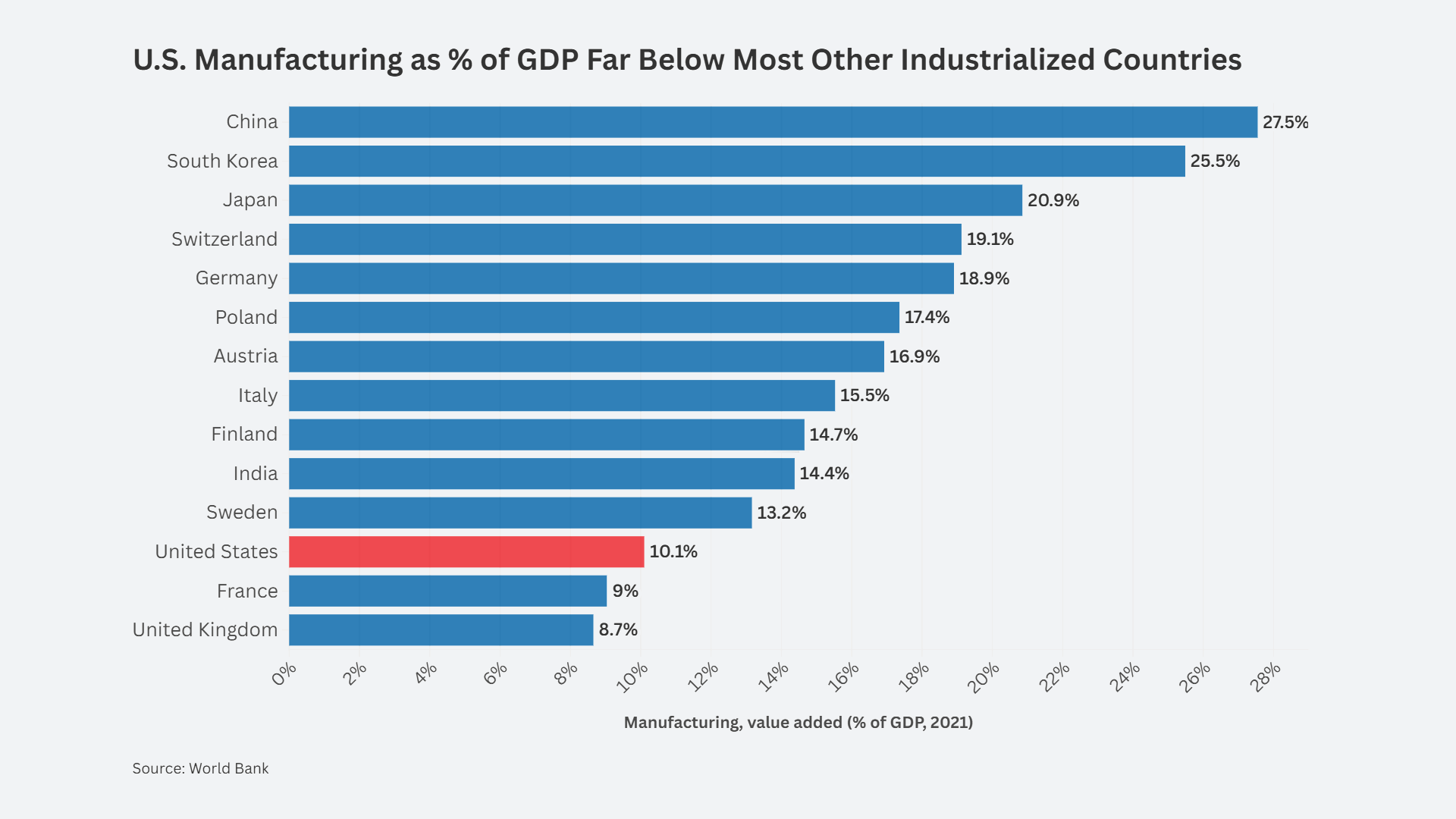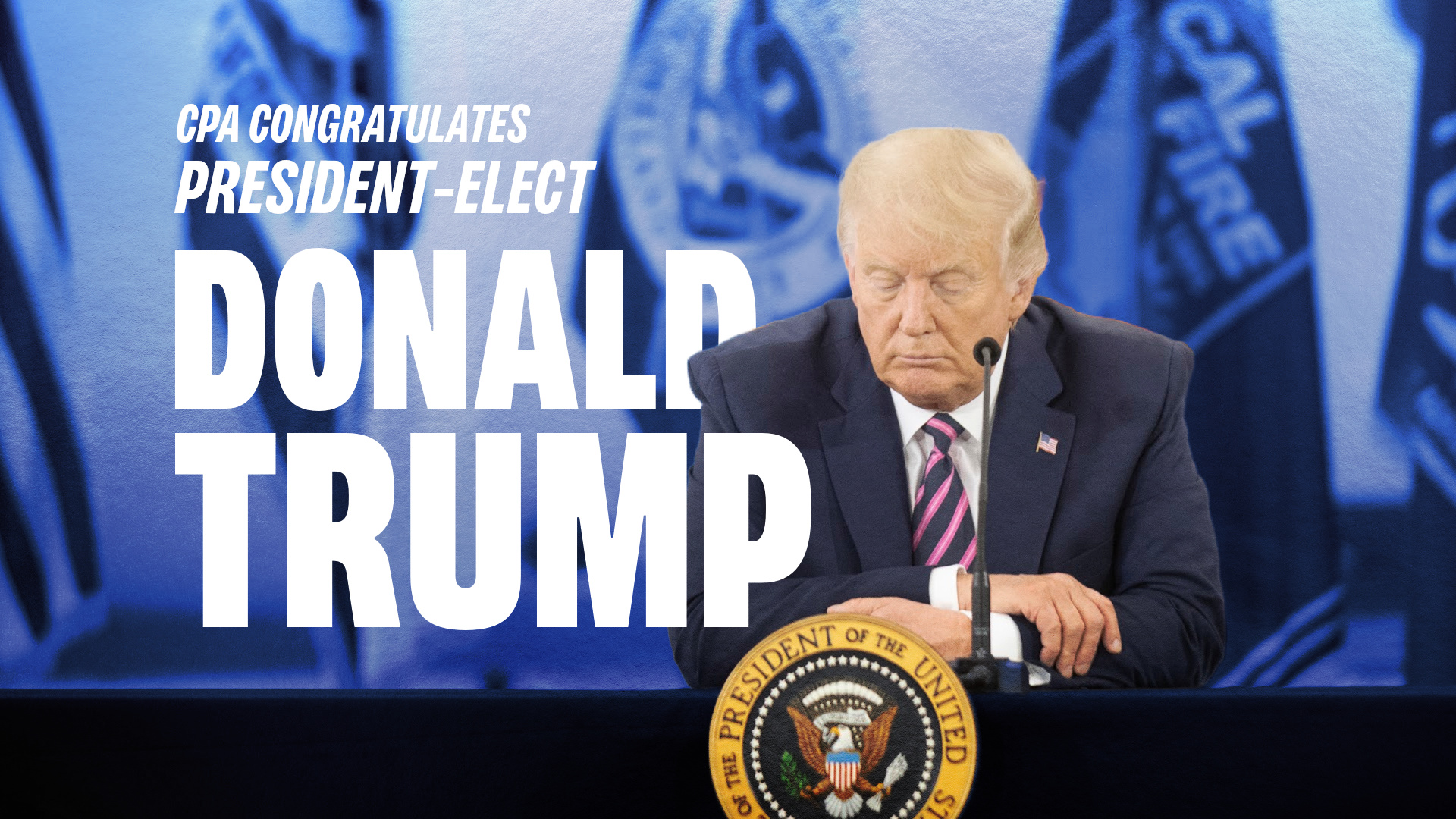Editor’s Note: CPA applauds unanimous congressional action to impose sanctions on China’s Communist regime for imposing its oppressive national security law on Hong Kong, in violation of the 1997 agreement to respect Hong Kong democracy.
Bill now heads to President Trump; White House hasn’t indicated whether he supports legislation
[Natalie Andrews | July 2, 2020 | WSJ]
WASHINGTON—The U.S. Senate on Thursday passed by unanimous consent a bipartisan bill to impose sanctions on Chinese officials who threaten Hong Kong’s limited autonomy, as well as the banks and firms that do business with them, sending the legislation to the president’s desk.
The bill, sponsored by Sens. Pat Toomey (R., Pa.) and Chris Van Hollen (D., Md.), passed the House on Wednesday, as thousands of protesters took to the streets in Hong Kong to object to a new law that gives Beijing stronger powers to police the former British colony and punish those accused of subversion and separatism. The law carries penalties of up to life imprisonment.
The legislation now heads to President Trump. The White House hasn’t responded to a request for comment over whether the president will support the bill.
“The intensity of the Chinese Communist Party’s aggression appears to be growing by the day,” said Mr. Toomey, citing the arrests of Hong Kong protesters on Wednesday.
The protests were the largest show of defiance in the city this year, with some people risking heavy prison terms to chant slogans of liberation and demand independence.
“I hope that President Trump will sign this immediately,” Mr. Van Hollen said. “As a country, Republicans and Democrats need to send a strong signal that we will not stand for the actions of Beijing undermining their own agreements, agreements under international law which they are bound to.”
In addition to mandatory sanctions, the bill includes a provision that gives Congress the ability to override a president’s decision to waive or terminate sanctions through a joint resolution of disapproval. Such a resolution would have to pass both the House and Senate by a veto-proof two-thirds majority.
Read the original article here.













